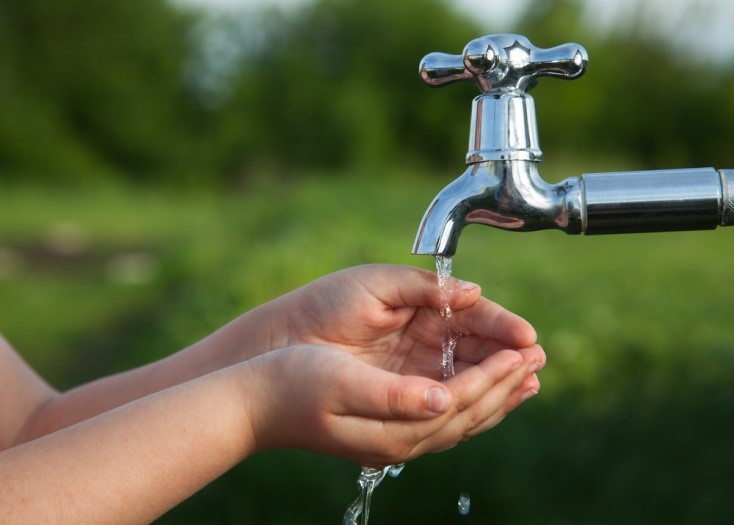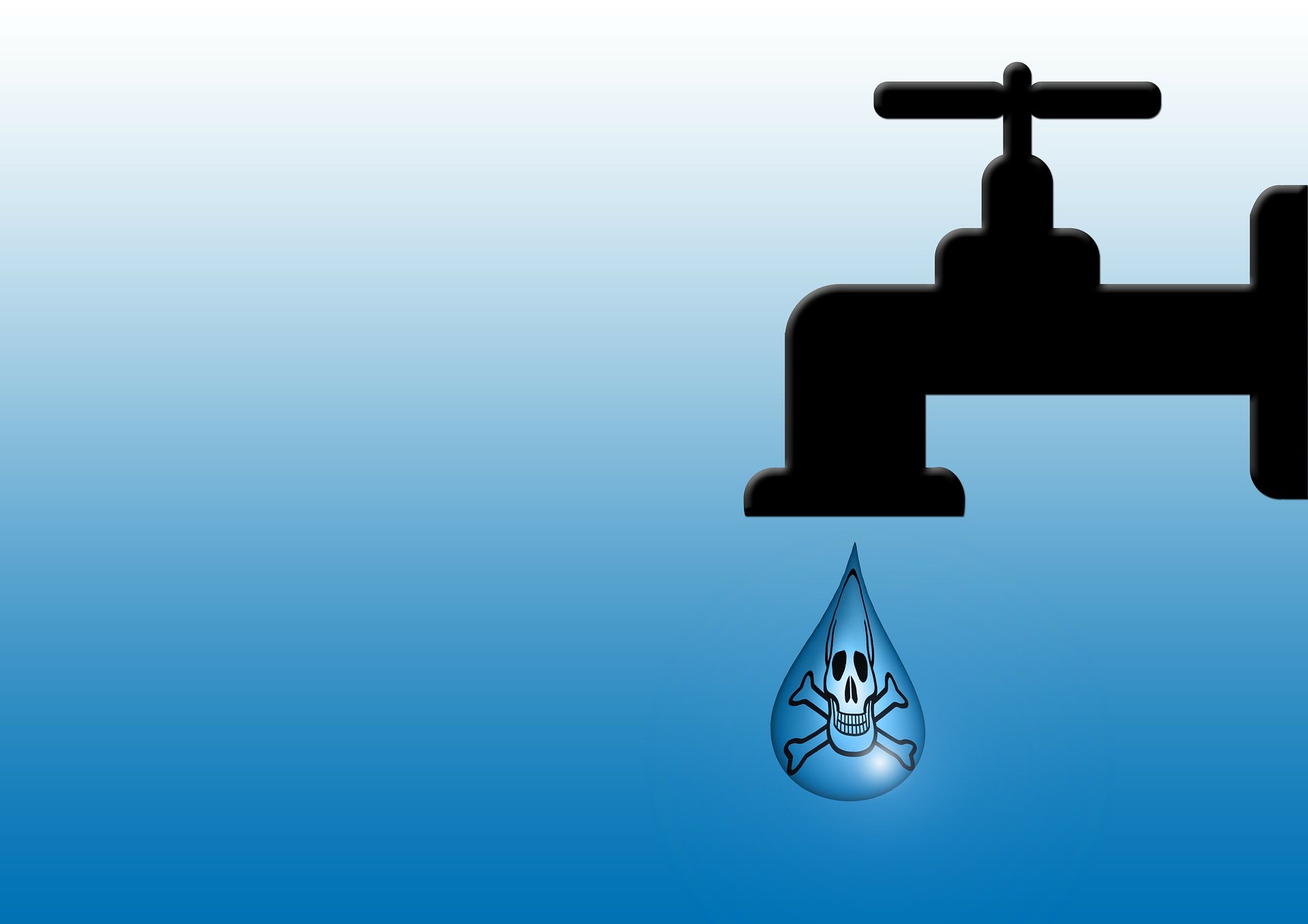Waterborne Diseases That Can Be Prevented By Consuming Clean Water
With so many people getting affected by contaminated water, we need to be extra careful about the water we drink at home and even when on the go. Drinking unclean or contaminated water is the major cause of several waterborne diseases. It can eventually expose your loved ones to various probable health conditions, which may be damaging to their overall well-being. So, whether you get water at your home from the river, groundwater, or any other source, you need to ensure that the water is purified before the final consumption. Most waterborne diseases can be prevented by switching to a water filter rather than relying on regular, untreated water sources.
Usually, waterborne diseases occur because of different types of microorganisms, biotoxins, and toxic contaminants. Even drastic climate change like sudden downpours or snowfall can also work inducive towards waterborne contamination. If in case, the disease is caused by Vibrio bacteria such as cholera, then it may turn life-threatening. But, we as a society do not consider waterborne contamination this serious.
5 Common Waterborne Diseases Are:
1. Diarrhea
It is one of the most common diseases caused due to impure water. Waterborne viruses as well as other bacteria and parasites if present in the drinking water can cause diarrhea. You can avoid it by drinking water that is purified by a trusted water filter.
2. Cholera
Symptoms include diarrhea and vomiting, as well as abdominal cramps and headache. The bacteria, Vibrio Chlorae, if found in contaminated water may cause this small-intestinal disease. You can even fall ill by consuming fruits and vegetables which have been irrigated using contaminated water. So, it’s wise to clean fruits and vegetables well before eating them.Read More: Can Water Purifiers Prevent Waterborne Diseases Like Cholera
3. Hepatitis A
It can spread either through direct contact with an infected person or by consuming contaminated water or food. It is an infectious ailment that affects the liver. Symptoms may include fever, nausea, abdominal pain, jaundice, depression, fatigue, diarrhea, etc. So, drink only safe water, which is treated well to be rid of any contaminants.
4. Typhoid fever
It is also caused due to the consumption of unclean water or food. Symptoms include nausea, loss of appetite, and headache.
5. Malaria
It is caused by parasites from female mosquitoes that breed in polluted water. Symptoms of malaria include fever, headache, and shivering. Worse cases can also lead to complications like pneumonia, severe anemia, coma, and death.
Besides these, there are several other water-borne diseases, such as Jaundice, Viral Gastroenteritis, Polio, Dengue, etc. that can be prevented by consuming everything clean and healthy.
Ways to prevent diseases due to contaminated water and food
Maintaining good health during a time when contaminants and germs are ready to enter your body in the disguise of food and drinking water is difficult. But, the complacent attitude towards health may pose a serious problem. You don’t need to give up on the pleasure of having delicious dishes but try and maintain healthy habits. Besides investing in a trusted water purification system for your home, it is also important to follow a few of these tips to reduce the spread of disease-causing germs.
- Be careful to maintain hygiene. Wash your hands frequently, ensure that the cutting boards and cutlery are properly cleaned before use, wash food thoroughly before cooking, keep food and beverages covered, and so on.
- While traveling, ensure that you are drinking clean water. You can carry your own drinking water that is purified by a water filter from a reliable brand like KENT.
- Avoid eating raw or uncooked food if not cleaned properly. As they are the source of those germs that can take a toll on your overall health.
- Ensure that the pipes and water tanks in your home are regularly and adequately cleaned.
- Try to consume fresh, home-cooked food. Avoid street food items, which might have been made using polluted water.
- Include fresh juices in your daily diet. Fresh juices will provide your body with the necessary nutrients. Try using purified water and properly cleaned fruits and vegetables in making juices to ensure that they are healthy to consume.
- Install a water purifier for your daily water intake. For water purifiers, you can rely on a trusted brand like KENT. KENT water purifiers are easily installable and very user-friendly. It not only makes your water germ free but also improves the taste.
How do you determine the best Water Purifier?
KENT presents a wide range of water purifiers that help to lock the essential minerals in your drinking water. It also helps to keep waterborne diseases at bay. These water purifiers reduce the risk of cancer, keeping you and your family’s health protected for good. These cost-effective water appliances also fit into your household budget, as they are not very fancy-budgeted. They come in a wide variety of RO-UV-UF filters.
To know more: RO Water Purifiers
With these tips in mind, you can take the essential steps towards protecting yourself and your family from water-borne diseases and also enjoy a healthier life.
Frequently Asked Questions
1. Which diseases are prevented by drinking clean safe water?
Drinking clean and safe water helps prevent various waterborne diseases. It reduces the risk of illnesses caused by harmful bacteria, viruses, parasites, and other contaminants present in contaminated water sources. Some of the diseases prevented by consuming clean water include diarrhea, cholera, typhoid fever, dysentery, hepatitis A, and gastroenteritis. Clean water also plays a vital role in maintaining overall health and well-being, supporting proper hydration, digestion, and organ function. Access to safe water is crucial for preventing water-related illnesses and promoting a healthy lifestyle.
2. What are 7 common waterborne diseases?
Waterborne diseases are illnesses caused by the ingestion of contaminated water. Common waterborne diseases include diarrhea, cholera, typhoid fever, hepatitis A, giardiasis, cryptosporidiosis, and amoebiasis. These diseases are typically caused by bacteria, viruses, or parasites present in contaminated water sources. Symptoms can range from mild gastrointestinal issues to severe dehydration and organ damage. Access to clean and safe drinking water, along with proper sanitation and hygiene practices, is crucial for preventing and controlling the spread of waterborne diseases.
3. How can we prevent the spread of waterborne diseases Class 8?
To prevent the spread of waterborne diseases, there are several important measures to follow. First, ensure access to clean and safe drinking water by using reliable water sources, such as treated municipal water or properly filtered and boiled water. Second, practice good hygiene, including washing hands with soap and clean water before eating or preparing food, and after using the toilet. Additionally, maintain proper sanitation and hygiene practices, such as using toilets or latrines and keeping water storage containers clean.





